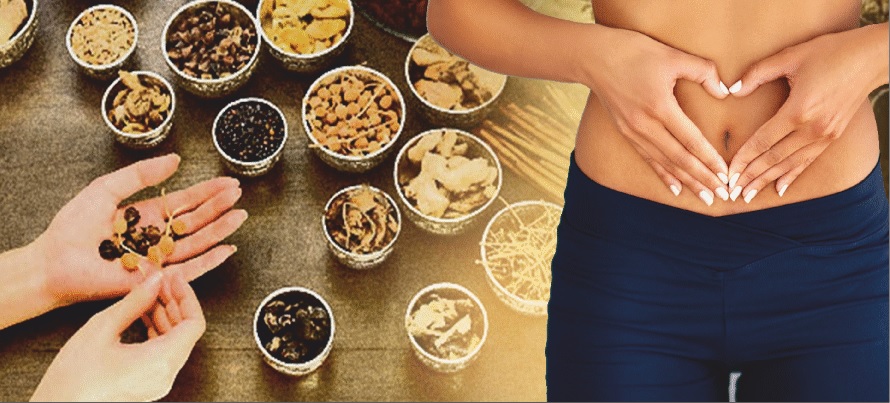Endometrium is the innermost lining of the uterus which is shed every month during menstruation.
Endometriosis is a disease in which endometrium starts to grow outside the uterine cavity, fallopian tubes, ovaries & membrane lining of the pelvic cavity .These endometrial implants cause adhesions with adjoining tissues like fallopian tubes & obstruct their lumen and inflammation there off. It can go upto the ovaries and adjoining tissues of the pelvis which hinders the mechanical process involved during transfer of ovum. Women of all ages are at risk of endometriosis but women between the age of 25-40 are usually affected.
According to the depth and area involved there are four stages of endometriosis:
Stages of Endometriosis
Stage (1) Minimal – Small patches on or around organs in the pelvic cavity.
Stage (2) Mild – More extensive than stage 1 but infiltration of pelvic organs still very limited.
Stage (3) Moderate – Starting of infiltration in pelvic organs.
Stage (4) Severe – Infiltration and distortion of anatomy of pelvic organs and their adhesions. Sometimes there are no symptoms at all but endometriosis is diagnosed when laparoscopic examinations are performed during evaluation for infertility. Endometrial implants are found in the ovaries, the intestines, the fallopian tubes and on the membrane lining of the pelvic cavity.
In endometriosis, all the three doshas are involved but the vata is the main dosha which when vitiated displaces normal position of endometrial cells from inside to abnormal position outside the uterus and reaches through fallopian tubes upto ovaries and pelvis .Vitiated pitta is responsible for inflammation in the endometrial cells and kapha causes overgrowth of the endometrial cells.
Modern treatment usually includes oral contraceptive pills, gonadotrophic releasing hormone & surgical treatment includes removal of endometrial implants and hysterectomy.
Ayurvedic Management of Endometriosis
Ayurvedic treatment is the safest way to get relief from symptoms of endometriosis like heavy bleeding, pain during periods and pelvic pain.
Ayurvedic treatment includes Panchkarma and herbal treatment. Panchkarma procedures like Virechana, Basti and Uttar Basti normalise pitta and vata respectively and help to reduce weight, correct body metabolism and balance tridosha.
Diet in Endometriosis
•Eat high fibre diet, organic food, plenty of fruits, vegetables, whole grains and nuts.
•Eat more sources of Omega 3 fats such as flax seeds, walnuts, pumpkin seeds or fish oil.
•Limit saturated fat by eating mostly plant based food and low fat dairy products.
Herbal Treatment of Endometriosis
Shilajit
Shilajit is one of the most important ayurvedic medicines used in gynaecological problems. It contains fulvicacid which is anti inflammatory and protects against free radicals & cellular damage, regulates body metabolism and pacifies pitta.
Ashoka
Ashoka is the most important herb for feminine health and hormone balance. It has remarkable ability to alleviate pain and discomfort associated with menstruation. It contains ketosterol which is estrogenic compound and balances oestrogen level in blood. It stops bleeding & supports the restoration of the endometrium.
Yashtimadhu
Yashtimadhu is highly effective in reducing uterine bleeding and inflammation. It also reduces the pain associated with endometriosis. It is rich in glycyrrhizin, flavonoids, vitamins and minerals like calcium, iron, magnesium, manganese, phosphorus, potassium and zinc. It is anti inflammatory and antioxidant.
Thus ayurvedic treatment for endometriosis has promising results as it is based on the concept of balancing the three doshas and restoring their natural functions.
“Endometriosis is a progressive, chronic condition where cells similar to those that line the uterus are found in other parts of the body. It affects 1 in 10 women of reproductive age.”
Predisposing Factors
1. Disturbed lifestyle
2. Mental stress
3. Diet rich in refined carbohydrates
4. Fast food.
5. Cold drinks.
6. Fatty meal.
7. Lack of exercise.
8. Overambiciousness.
CLINICAL FEATURES
•Pain in lower abdomen which starts prior to the periods, aggravates during periods and worsens after periods.
•Pain during defecation or urination depending upon area involved by endometrial implants.
•Pain during intercourse.







 Dec 2024
Dec 2024
 May 2024
May 2024
 September 2022
September 2022
 April 2022
April 2022
 October 2020
October 2020
 Jan 2020
Jan 2020
 June 2019
June 2019
 January-February 2019
January-February 2019
 Augest-September
Augest-September
 April 2018
April 2018
 November 2017
November 2017
 June 2017
June 2017
 November 2016
November 2016
 September 2015
September 2015
 March 2015
March 2015
 July 2014
July 2014
 January 2014
January 2014
 July2013
July2013
 March 2013
March 2013
 May 2012
May 2012
 May 2011
May 2011
 Sep 2010
Sep 2010
 Jun 2010
Jun 2010
 Feb 2010
Feb 2010
 December 2009
December 2009
 August 2009
August 2009
 June 2009
June 2009
 Feb 2009
Feb 2009
 December 2008
December 2008
 October 2008
October 2008
 March 2008
March 2008
 July 2008
July 2008
 May 2008
May 2008